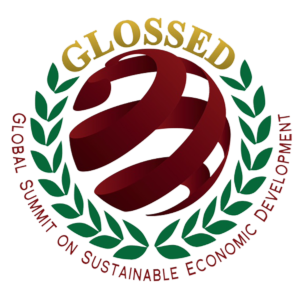WHAT IS SUSTAINABLE DEVELOPMENT?
Sustainable development has been defined as development that meets the needs of the present without compromising the ability of future generations to meet their own needs. Sustainable development calls for concerted efforts towards building an inclusive, sustainable and resilient future for people and planet. For sustainable development to be achieved, it is crucial to harmonize three core elements: economic growth, social inclusion, and environmental protection. These elements are interconnected and all are crucial for the well-being of individuals and societies. Eradicating poverty in all its forms and dimensions is an indispensable requirement for sustainable development. To this end, there must be a promotion of sustainable, inclusive and equitable economic growth, creating greater opportunities for all, reducing inequalities, raising basic standards of living, fostering equitable social development and inclusion, and promoting integrated and sustainable management of natural resources and ecosystems.
Additionally, GLOSSED draws inspiration from the UN forum on sustainable development. On January 1st, 2016, the 17 Sustainable Development Goals (SDGs) of the 2030 Agenda for Sustainable Development, a plan of action adopted by world leaders in September 2015 at a historic UN Summit, officially came into force. Over the next fifteen years, countries are supposed to utilize these universally-applicable goals to mobilize efforts to end all forms of poverty, fight inequalities and tackle climate change. The new Goals, worthy successors to the Millennium Development Goals, are singularly unique in their call for action by all countries; poor, rich and middle-income, to promote prosperity while protecting the planet. They recognize that efforts to alleviate global poverty must be in synchrony with strategies that build economic growth, while simultaneously addressing a range of social needs including education, health, social protection, job opportunities, climate change and environmental protection.
The Summit also draws inspiration from the AU 2063 Agenda, which is a strategic framework for the socio-economic transformation of the African continent over the next 50 years. Its builds on, and seeks to accelerate the implementation of past and existing continental initiatives for growth and sustainable development. Africa is very suitably representative of the developing world, and the continent aspires to achieve and share prosperity and well-being, unity and integration, freedom and expanded horizons for its citizens, the promotion of the highest possible potentials for women and youth, and freedom from fear, disease, and want.
